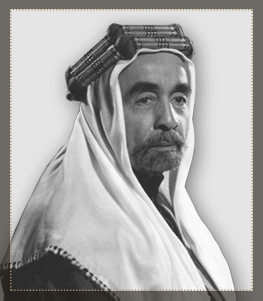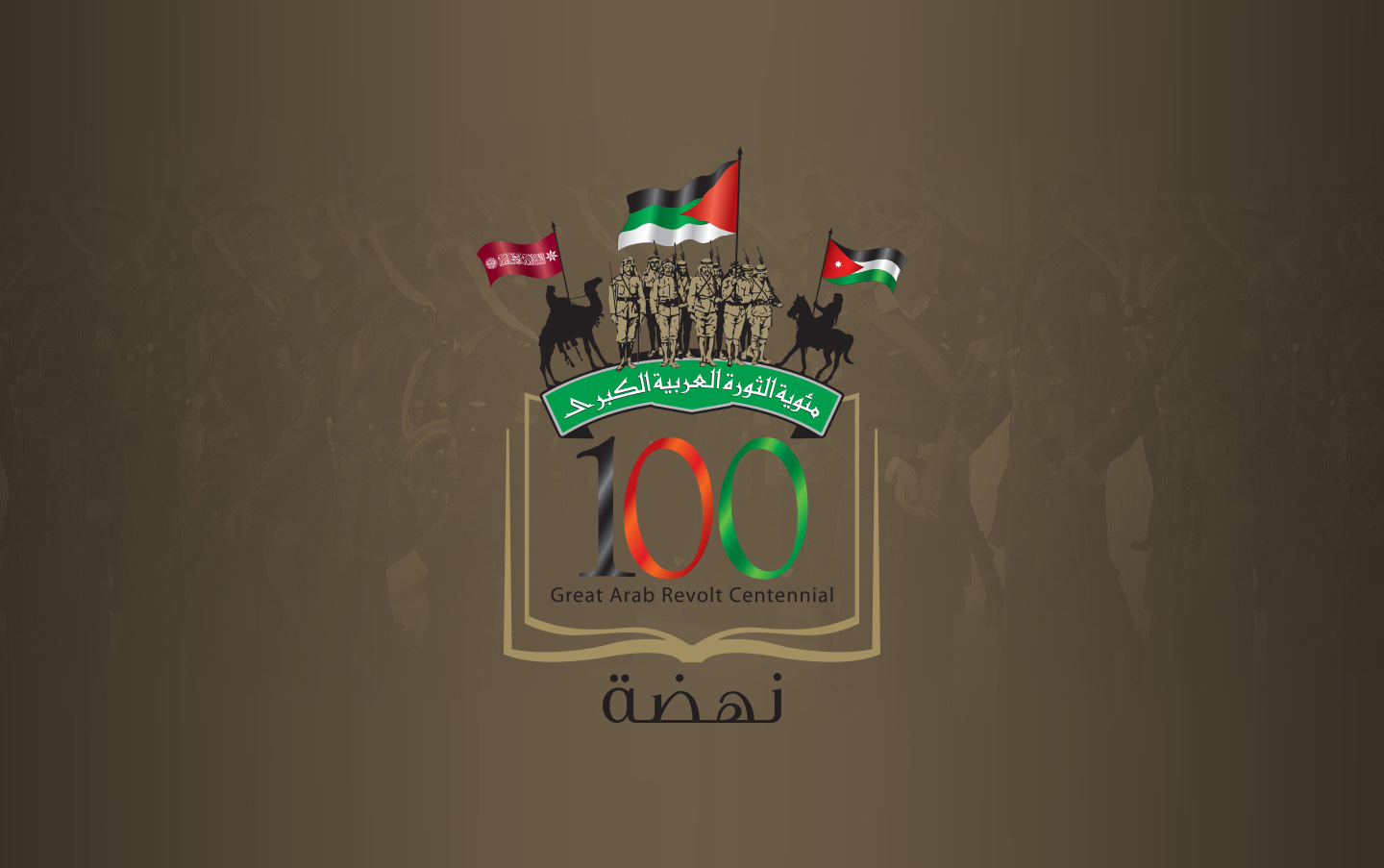
King Abdullah I ibn Al Hussein
Prince Abdullah I ibn Al Hussein was born in Mecca on 4 April 1882, and studied there until his father was invited to stay in Istanbul. He continued his studies there, before returning with his father to Hijaz, where he was elected as a deputy for Mecca in the Ottoman Chamber of Deputies.
When the Arab Revolt erupted, Prince Abdullah was assigned to lead the Eastern Army forces. He attacked Taif fortress and forced the governor, Ghalib Pasha, to surrender. The Eastern Army remained surrounding the Turkish forces in Medina alongside the Southern Army until its governor surrendered.
In July 1920, the French took over Syria, and the Syrians sent cables to his father Sharif Hussein asking for support. Prince Abdullah offered to go to the Syrian frontier for a closer reconnaissance of the situation on the ground and to assist the people there. He left Mecca leading a military force and arrived in Maan on 21 November 1920.
During that time, the national movement grew in Transjordan, and delegates of its leaders went to Maan to welcome the Prince and invite him to advance northwards to Amman.
In response to the people, Prince Abdullah moved to Amman, arriving on 2 March 1921. British Secretary Winston Churchill invited him for a meeting in Jerusalem, where it was agreed that Britain recognise an independent Emirate in Transjordan under the mandate. Thus, the independent Jordanian Emirate was established as a result of the Great Arab Revolt.
In Transjordan, Prince Abdullah bin Al Hussein followed a policy of building and development. Under his reign, the country witnessed a comprehensive awakening, with Jordan gaining its full independence on 25 May 1946, and Prince Abdullah being proclaimed King of the Hashemite Kingdom of Jordan.
Jordan fought in the 1948 war, and the Jordanian-Arab Army was able to hold on to Jerusalem’s Old City, the eastern side of the modern city, and a substantial part of Palestine’s land. In 1950, the two banks of the Jordan River were united at the request of the people of the West Bank and with the ratification of Parliament.
On Friday, 20 July 1951, as the King was at Al Aqsa Mosque, a treacherous hand assassinated him, and he fell martyr after building a homeland and a state.

